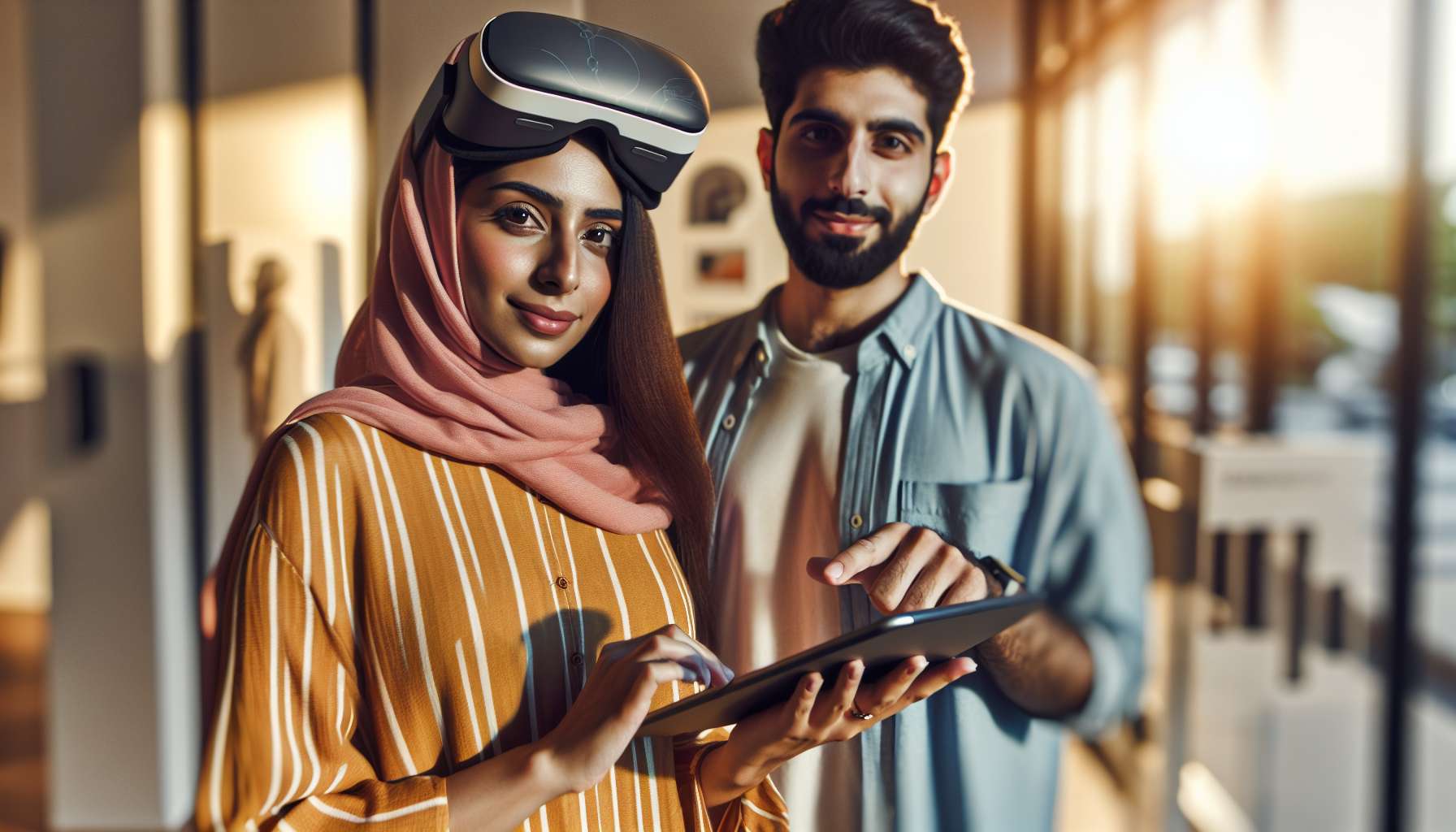Unlocking the Potential of Augmented Reality in B2B Marketing
Augmented Reality (AR) has been making waves in the tech world, capturing the imagination of businesses and consumers alike. But beyond the buzz and excitement, what are the real business benefits of incorporating AR into B2B marketing strategies? In this article, we will explore the practical applications of AR in B2B marketing and how it can revolutionize the way businesses engage with their target audience.
Enhancing Product Demonstrations
One of the key advantages of AR in B2B marketing is its ability to provide immersive and interactive product demonstrations. Instead of relying on static images or videos, AR allows potential customers to visualize products in a realistic and dynamic way. By overlaying digital information onto the physical world, AR enables businesses to showcase the features and benefits of their products in a more engaging and memorable manner. This not only helps in capturing the attention of potential buyers but also increases their understanding and confidence in the product.
Streamlining Sales Processes
AR can also streamline the sales process by providing sales teams with powerful tools to communicate complex information effectively. With AR, sales representatives can use interactive visualizations to explain intricate product details, demonstrate use cases, and even simulate real-world scenarios. This not only saves time but also enhances the overall customer experience, making it easier for businesses to close deals and drive revenue.
Personalizing Customer Experiences
Personalization is a key driver of successful marketing campaigns, and AR offers exciting opportunities to create highly personalized customer experiences. By leveraging AR technology, businesses can tailor their marketing messages and content to individual customers, delivering targeted information based on their preferences, location, or previous interactions. This level of personalization not only increases engagement but also helps businesses build stronger relationships with their customers.
Driving Brand Awareness and Differentiation
AR can be a powerful tool for businesses to stand out from the competition and create memorable brand experiences. By incorporating AR elements into their marketing campaigns, businesses can captivate their audience and leave a lasting impression. Whether it’s through interactive AR advertisements, gamified experiences, or immersive brand storytelling, AR allows businesses to engage customers in unique and innovative ways, ultimately driving brand awareness and differentiation.
Measuring and Optimizing Campaign Performance
Another significant advantage of AR in B2B marketing is the ability to measure and optimize campaign performance. AR platforms often provide robust analytics and tracking capabilities, allowing businesses to gather valuable data on user interactions, engagement levels, and conversion rates. This data-driven approach enables businesses to make informed decisions, refine their marketing strategies, and maximize the return on investment.
The Future of AR in B2B Marketing
As technology continues to evolve, the potential applications of AR in B2B marketing are only set to expand. From virtual showrooms and remote collaboration to augmented training and predictive analytics, the possibilities are endless. By embracing AR and staying ahead of the curve, businesses can gain a competitive edge, enhance customer experiences, and drive business growth.
In conclusion, AR is not just a buzzword in B2B marketing; it offers tangible and significant benefits for businesses. By leveraging AR technology, businesses can enhance product demonstrations, streamline sales processes, personalize customer experiences, drive brand awareness, and optimize campaign performance. As the future of marketing unfolds, AR will undoubtedly play a crucial role in shaping the way businesses engage with their audience and achieve their marketing goals.





